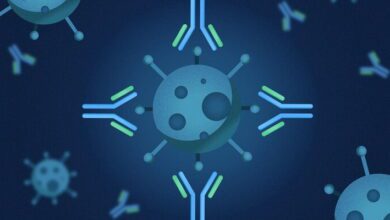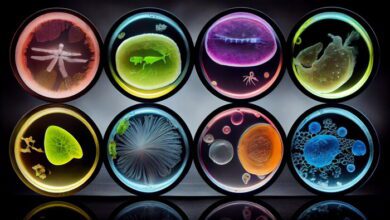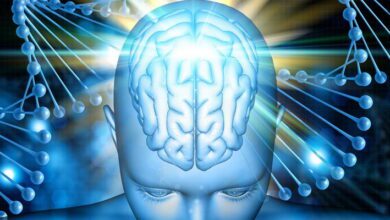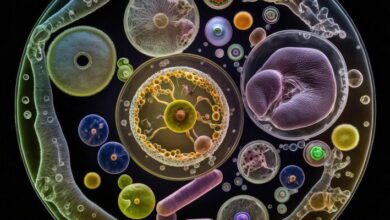Cell Physiology MCQs with Answers

Cell Physiology MCQs challenge your understanding of cellular functions and processes that provide cellular continuity. Cell Physiology Quiz explained here includes subjects like membrane transport, cell signaling, homeostasis, enzymatic action, and energy generation. Understand various concepts of osmosis, diffusion, ion channels, cellular respiration, ATP generation, and the function of organelles for cellular continuity. These Cell Physiology MCQs enable students, medical aspirants, and researchers to test their knowledge of cellular processes and physiological functions. Take this free Cell Physiology quiz to solidify your concepts and master cell biology and biochemistry key topics.
| Cell physiology is the study of the functions and processes that occur within cells, essential for understanding the broader concepts of anatomy and physiology. By examining how cells operate, interact, and respond to various stimuli, we gain insight into the fundamental mechanisms that underpin life. In both plant and cell physiology, understanding the distinct yet interconnected roles of different cell types is crucial. Plant cells, for instance, have unique structures such as chloroplasts for photosynthesis and large central vacuoles for storage and maintaining turgor pressure. These functions are essential for the plant’s growth, energy production, and overall health. In the context of anatomy and physiology cells and tissues, animal cells exhibit specialized functions depending on their tissue type. Muscle cells contract to facilitate movement, nerve cells transmit signals for communication, and epithelial cells form protective barriers. Each cell type’s physiology is finely tuned to perform specific roles that contribute to the tissue’s overall function. |
Cell Physiology Online Quiz
By presenting 3 options to choose from, Cell Physiology Quiz which cover a wide range of topics and levels of difficulty, making them adaptable to various learning objectives and preferences. You will have to read all the given answers of Cell Physiology Questions and Answers and click over the correct answer.
- Test Name: Cell Physiology MCQ Quiz Practice
- Type: Quiz Test
- Total Questions: 40
- Total Marks: 40
- Time: 40 minutes
Note: Answer of the questions will change randomly each time you start the test. Practice each quiz test at least 3 times if you want to secure High Marks. Once you are finished, click the View Results button. If any answer looks wrong to you in Quizzes. simply click on question and comment below that question. so that we can update the answer in the quiz section.
Download Certificate of Quiz Cell Physiology
On the end of Quiz, you can download the certificate of the quiz if you got more than 70% marks. Add a certificate to your job application or social profile (like LinkedIn) and get more job offers.
If you are interested to enhance your knowledge regarding English, Physics, Chemistry, and Computer please click on the link of each category, you will be redirected to dedicated website for each category.




